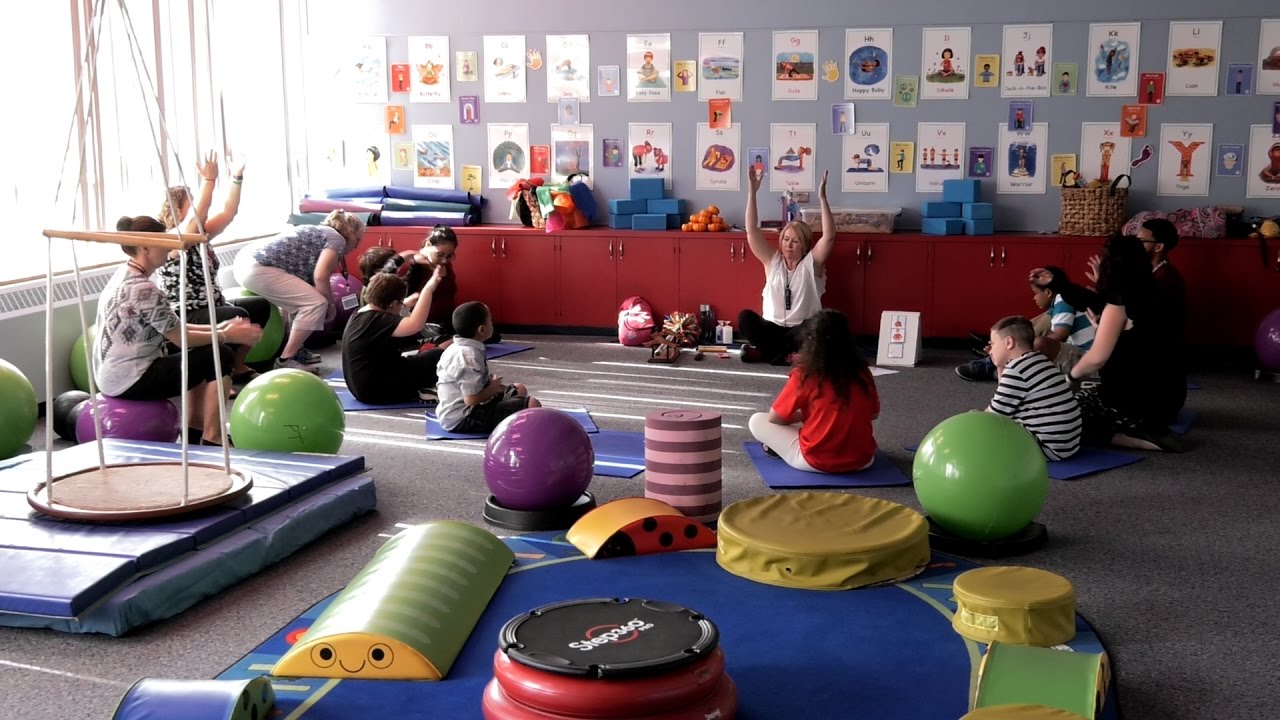Caring for a child with intellectual disabilities requires patience, understanding, and a tailored approach to their specific needs. Here are some general guidelines for caring for a child with intellectual disabilities:
Establish Routine and Structure: Children with intellectual disabilities often benefit from having a structured routine. Establishing consistent daily schedules for activities such as meals, schoolwork, playtime, and bedtime can provide stability and predictability for the child.
Provide a Safe and Supportive Environment: Create a safe and supportive environment at home where the child can explore, learn, and interact with others comfortably. Remove any potential hazards and provide appropriate supervision to ensure their safety.
Encourage Independence: While providing support as needed, encourage the child to develop independence by allowing them to participate in daily tasks and activities to the best of their abilities. Offer praise and positive reinforcement for their efforts.
Tailor Learning Activities: Adapt learning activities to meet the child’s specific needs and learning style. Use visual aids, hands-on activities, and repetition to reinforce concepts. Break tasks into smaller steps and provide clear, simple instructions.
Promote Social Interaction: Encourage the child to engage in social interactions with family members, peers, and community members. Arrange playdates, enroll them in social skills groups, or involve them in extracurricular activities that match their interests.
Seek Support Services: Explore available support services and resources in your community, such as special education programs, therapy services (occupational therapy, speech therapy, etc.), and support groups for families of children with intellectual disabilities.
Practice Positive Reinforcement: Use positive reinforcement techniques, such as praise, rewards, and encouragement, to reinforce desired behaviors and achievements. Focus on the child’s strengths and celebrate their progress, no matter how small.
Be Patient and Flexible: Understand that progress may take time, and setbacks are a natural part of the learning process. Be patient, flexible, and adaptive in your approach, and be prepared to modify strategies based on the child’s changing needs.
Take Care of Yourself: Caring for a child with intellectual disabilities can be challenging and demanding. Remember to prioritize self-care and seek support from family, friends, or professional counselors when needed. Taking care of yourself will enable you to better support your child.
Advocate for Your Child: Be an advocate for your child’s needs and rights, both within the family and in educational and community settings. Work collaboratively with teachers, healthcare providers, and other professionals to ensure that your child receives the support and accommodations they require to thrive.
Every child with intellectual disabilities is unique, so it’s essential to tailor your approach to meet their individual strengths, challenges, and preferences. By providing love, support, and encouragement, you can help your child reach their full potential and lead a fulfilling life.











